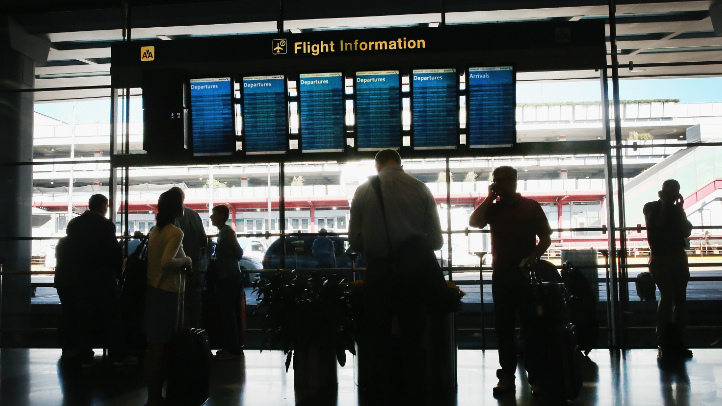Another day brought another lawsuit against a major retailer for its implementation of the new Cook County soda tax.
Walgreens was sued on Monday after a consumer found he was charged the tax when he purchased two bottles of unsweetened flavored water.
On Tuesday, it was McDonald’s accused in a suit of improperly applying the tax as part of the subtotal, meaning the county sales tax was then applied to the amount of the soda tax.
And on Wednesday, a lawsuit filed in Cook County Circuit Court alleges that 7-Eleven stores charge the soda tax on consumers purchasing drinks in its oversized cups, even if the drink inside was unsweetened.
To Tanya Triche Dawood of the Illinois Retail Merchants Association, which filed a lawsuit trying to stop the tax, it’s almost a matter of saying “I told you so.”
“We kept saying the tax was unconstitutionally vague and difficult to understand. It seems we have a combination of honest mistakes, and confusion over how to collect.”
Kelly Tarrant of Chicago claims in her suit that she purchased iced coffee in a Super Big Gulp cup, and was unlawfully charged 28 cents for the tax on sweetened beverages, though her coffee was black.
Local
She said while 7-Eleven allows such purchases in the Gulp, Big Gulp, Super Big Gulp and Double Big Gulp cups, its electronic scanning system automatically calculates and charges the sweetened beverages tax on all purchases in the oversized cups, the suit claims. The county ordinance creating the tax, however, specifically exempts unsweetened beverages from the penny-per-ounce tax.
Attorney Tom Zimmerman, who filed the suit, said it seeks to do two things, get people their money back and get 7-Eleven to change its point-of-sale system to properly implement the tax.
“While the individual amounts are relatively small, when you add it all up, it adds up to a lot. 7-Eleven has hundreds of stores in Cook County and sells beverages to thousands of people every day,” he said. “That little bit of overtaxing can add up.”
Tarrant’s suit claims that not only did 7-Eleven allow the purchase of iced coffee in the larger cups, but actually promoted such sales as part of a summer marketing campaign, which included in-store signage and floor stands.
She bought her large black coffee, and paid the bill, 99 cents for the coffee, 10 cents for sales tax and 28 cents for soda tax, the suit claims.
When she realized she had been taxed improperly she spoke to a manager, who said the tax was automatically implemented on the larger cups by the scanning system, whether the drink is sweetened or not, the suit claims. She was told individual store employees cannot override the system.
The store also refused to proved a refund, the suit claims.
Triche Dawood said the number of suits is not surprising, nor the fact that major retailers are being targeted.
“The level of confusion is at an all-time high. And the big stores bring in the most money. But the smaller players are having the same issues. The tax is vague and it applies to thousands of different products.”
That is why the IRMA has filed an appeal after a Cook County judge lifted a restraining order to allow the tax to begin being implemented on Aug. 2.
Triche Dawood said the issues being brought up in the suits are the same reasons they are appealing. And she feels “very confident” the appeal will be successful.
The latest suit, which seeks class action status, alleges violation of the state’s Consumer Fraud and Deceptive Trade Practices Act. It seeks repayment of actual damages, attorney fees and interest.
“I don’t like to pay taxes when they’re lawful, let alone when they are collected unlawfully,” Zimmerman said.
The 7-Eleven Corporation did not immediately respond to a request for comment.



